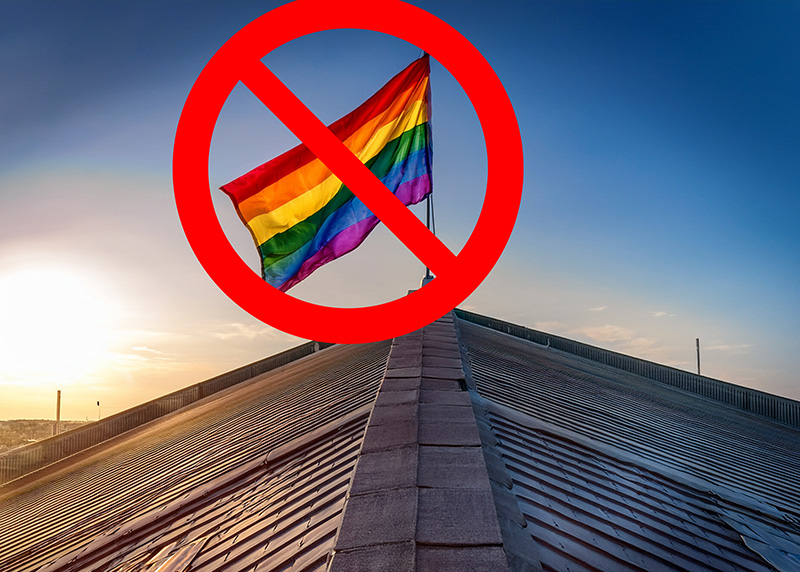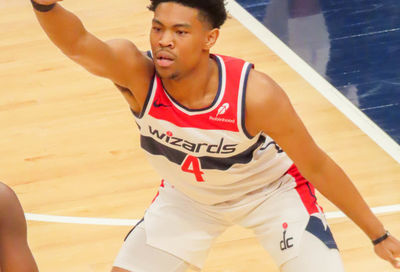Georgia could risk losing Super Bowl if anti-gay bill passes
NFL takes a stand against Georgia's "religious freedom" bill

As the saying goes, elections have consequences. But so does legislation. And now the state of Georgia is finding itself the potential recipient of some of those consequences.
The National Football League (NFL) is currently considering whether to approve Atlanta’s bid to host the Super Bowl in either 2019 or 2020. Weighing into the league’s decision-making will be the fate of an anti-LGBT bill that has made its way to Gov. Nathan Deal’s (R) desk.
The bill, as passed by the legislature with significant amendments, allows religious clergy to refuse to perform same-sex marriage — something they already enjoyed under the First Amendment — and allows groups, even those that receive state funds, to deny goods or services to LGBT people by citing a “sincerely held religious belief” in opposition to same-sex marriage or homosexuality in general.
But the NFL is laying down the gauntlet. In a statement released Friday, a spokesman said that allowing the law to pass could jeopardize Atlanta’s chance to host the Super Bowl. To lose the bid would be disheartening for Atlanta, as the city has already spent significant money on building a new football stadium, which is set to open next summer, ESPN reports.
“NFL policies emphasize tolerance and inclusiveness, and prohibit discrimination based on age, gender, race, religion, sexual orientation, or any other improper standard,” NFL spokesman Brian McCarthy said in the statement. “Whether the laws and regulations of a state and local community are consistent with these policies would be one of many factors NFL owners may use to evaluate potential Super Bowl host sites.”
The NFL’s warning comes just as some LGBT groups are proposing a potential economic boycott of Georgia should the bill become law, much in the same way that Indiana experienced an economic backlash following the passage of an anti-LGBT Religious Freedom Restoration Act last year. According to a survey from the tourism group Visit Indy, the Hoosier state is estimated to have lost as much as $60 million in hotel profits, tax revenue and other economic benefits after a dozen groups decided not to hold their conventions in Indianapolis following the passage of the RFRA law.
On Saturday, Chad Griffin, the president of the Human Rights Campaign, called upon the film industry to consider ceasing production in Georgia if the religious freedom bill is signed into law.
Other cities competing with Atlanta for bids are Tampa, Miami, New Orleans and Los Angeles, all of which have LGBT-inclusive nondiscrimination ordinances on the books. The NFL is expected to announce the winning bids for both Super Bowl LIII (in February 2019) and Super Bowl LIV (in February 2020) at the league’s spring meeting in Charlotte in May.
Support Metro Weekly’s Journalism
These are challenging times for news organizations. And yet it’s crucial we stay active and provide vital resources and information to both our local readers and the world. So won’t you please take a moment and consider supporting Metro Weekly with a membership? For as little as $5 a month, you can help ensure Metro Weekly magazine and MetroWeekly.com remain free, viable resources as we provide the best, most diverse, culturally-resonant LGBTQ coverage in both the D.C. region and around the world. Memberships come with exclusive perks and discounts, your own personal digital delivery of each week’s magazine (and an archive), access to our Member's Lounge when it launches this fall, and exclusive members-only items like Metro Weekly Membership Mugs and Tote Bags! Check out all our membership levels here and please join us today!





















You must be logged in to post a comment.